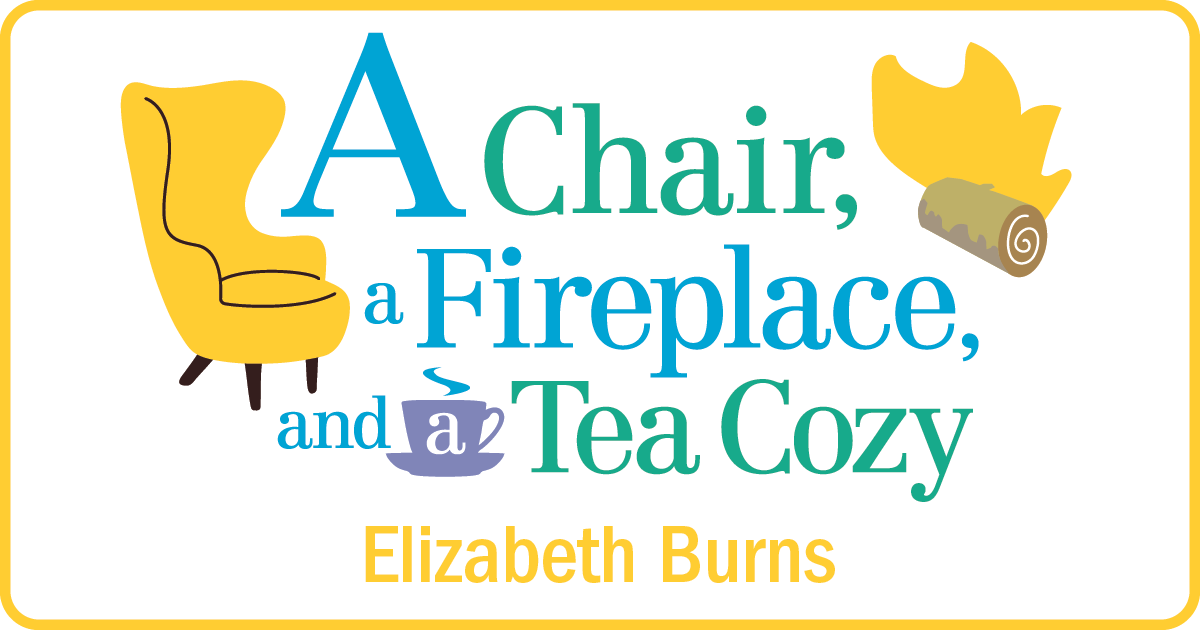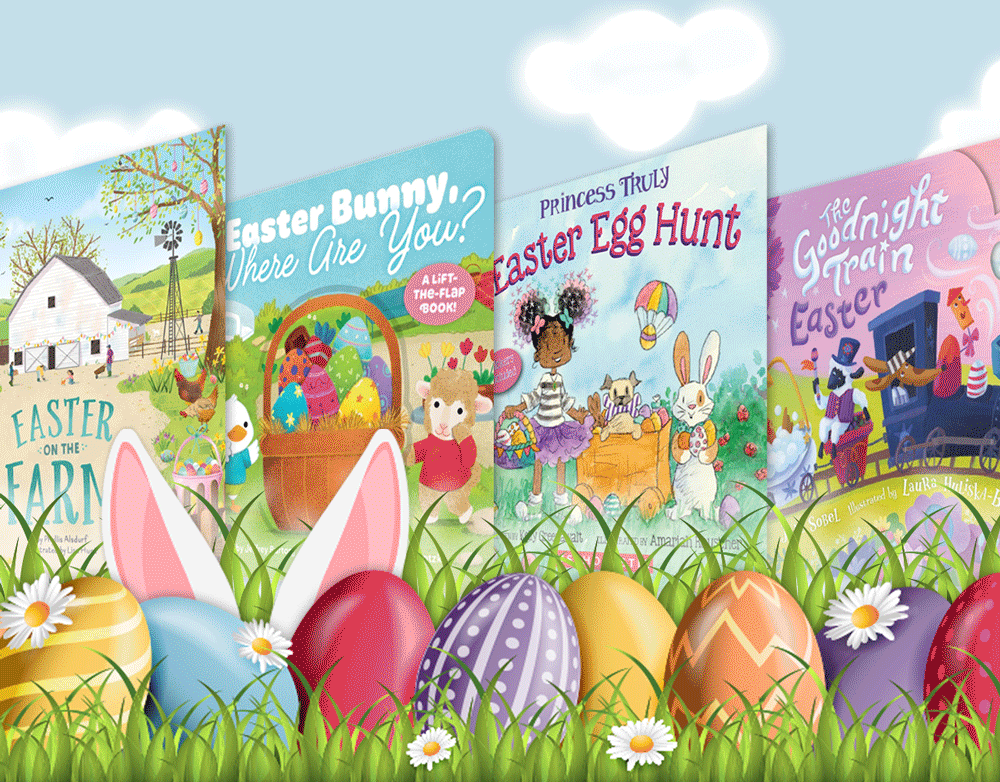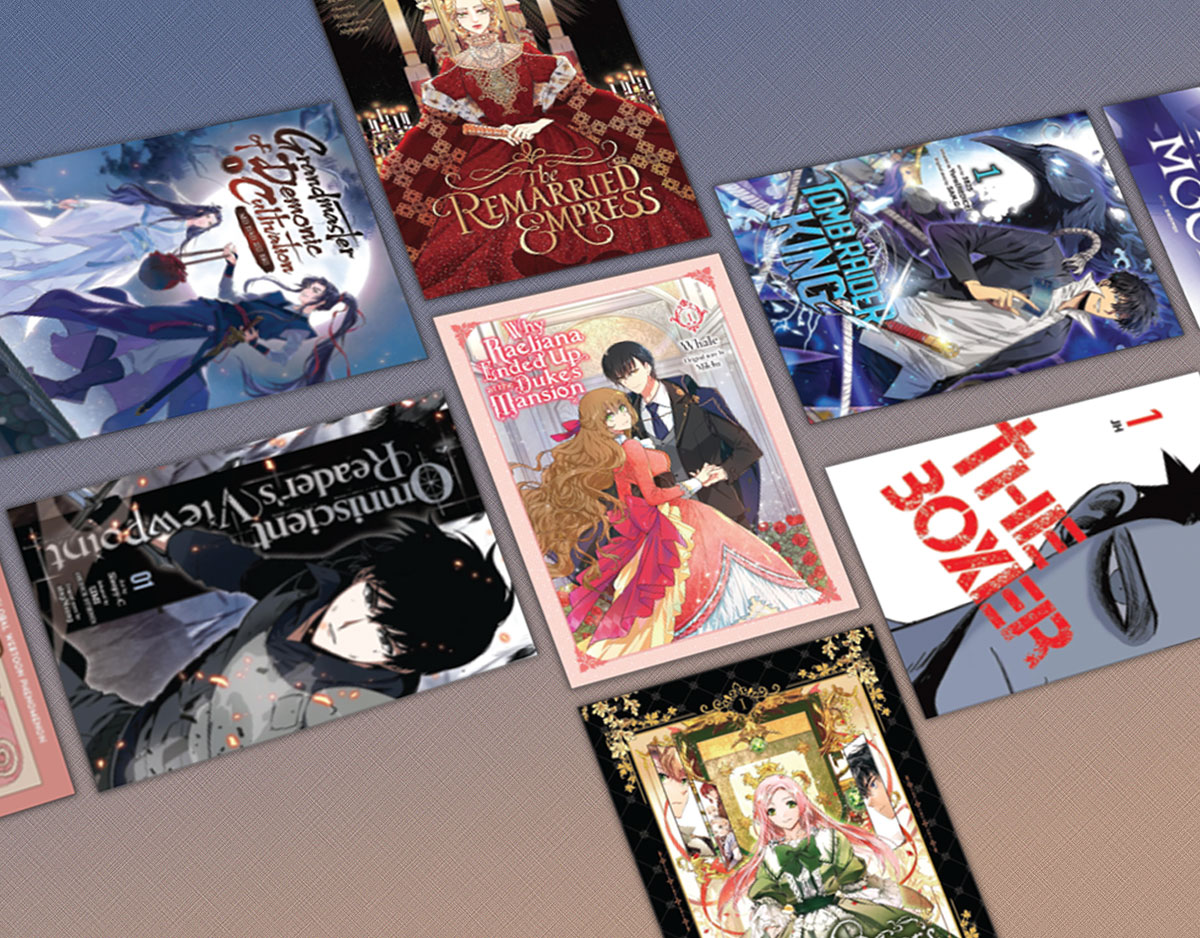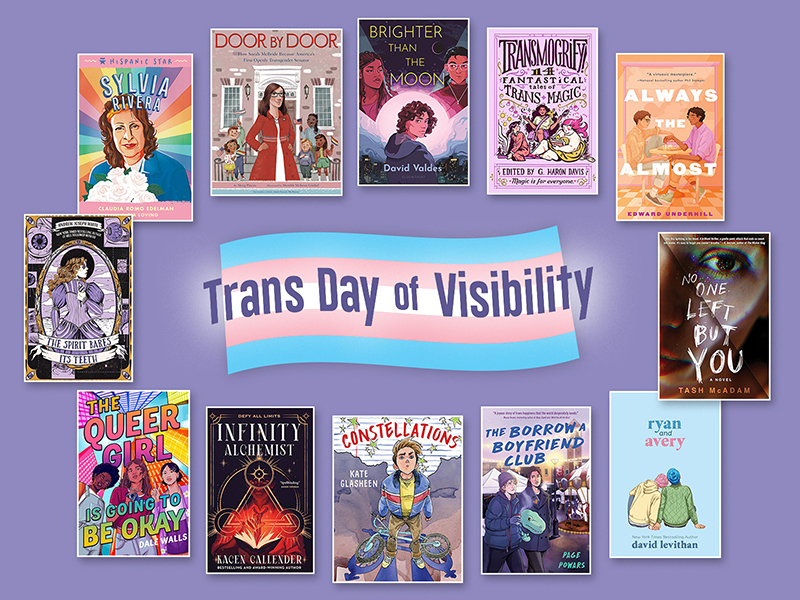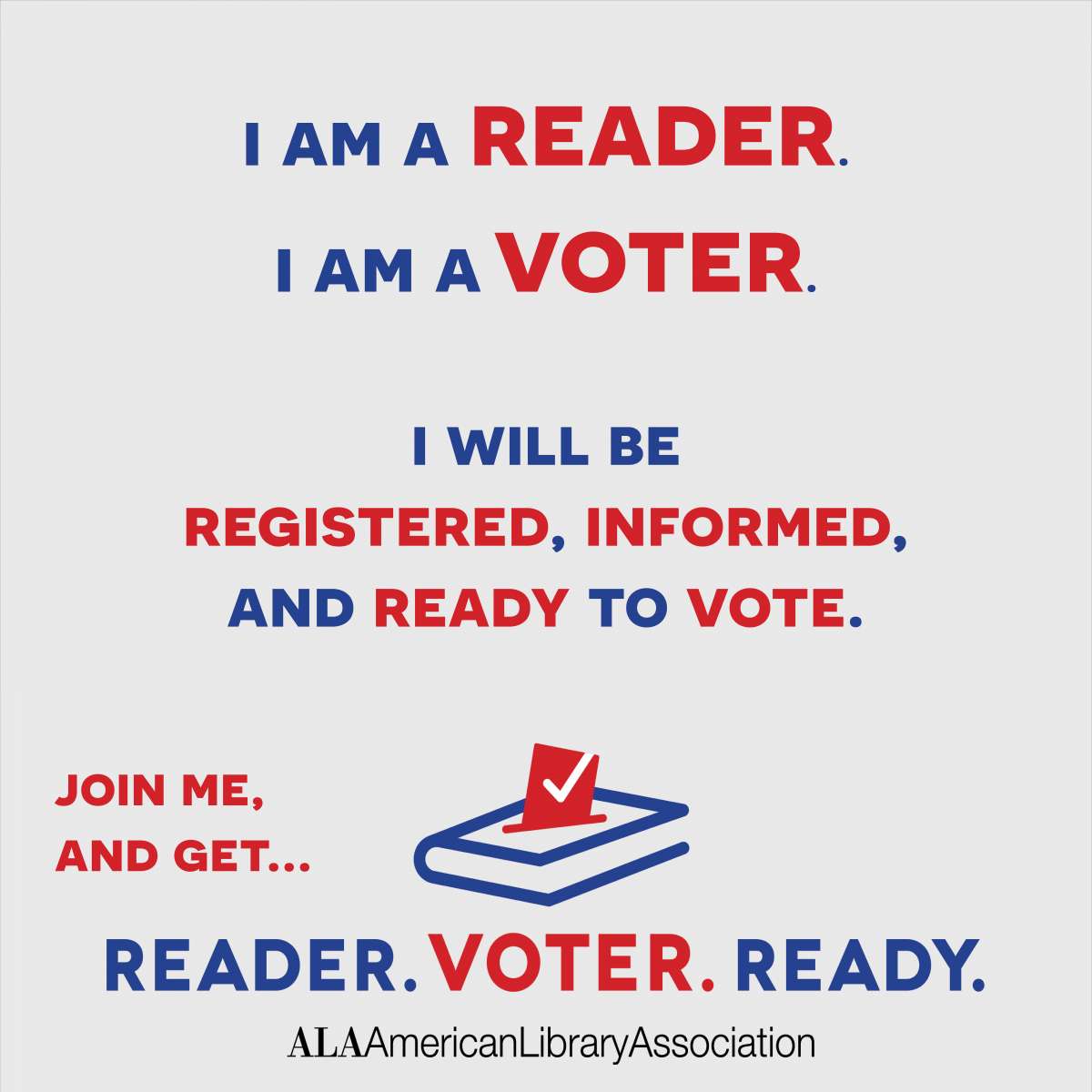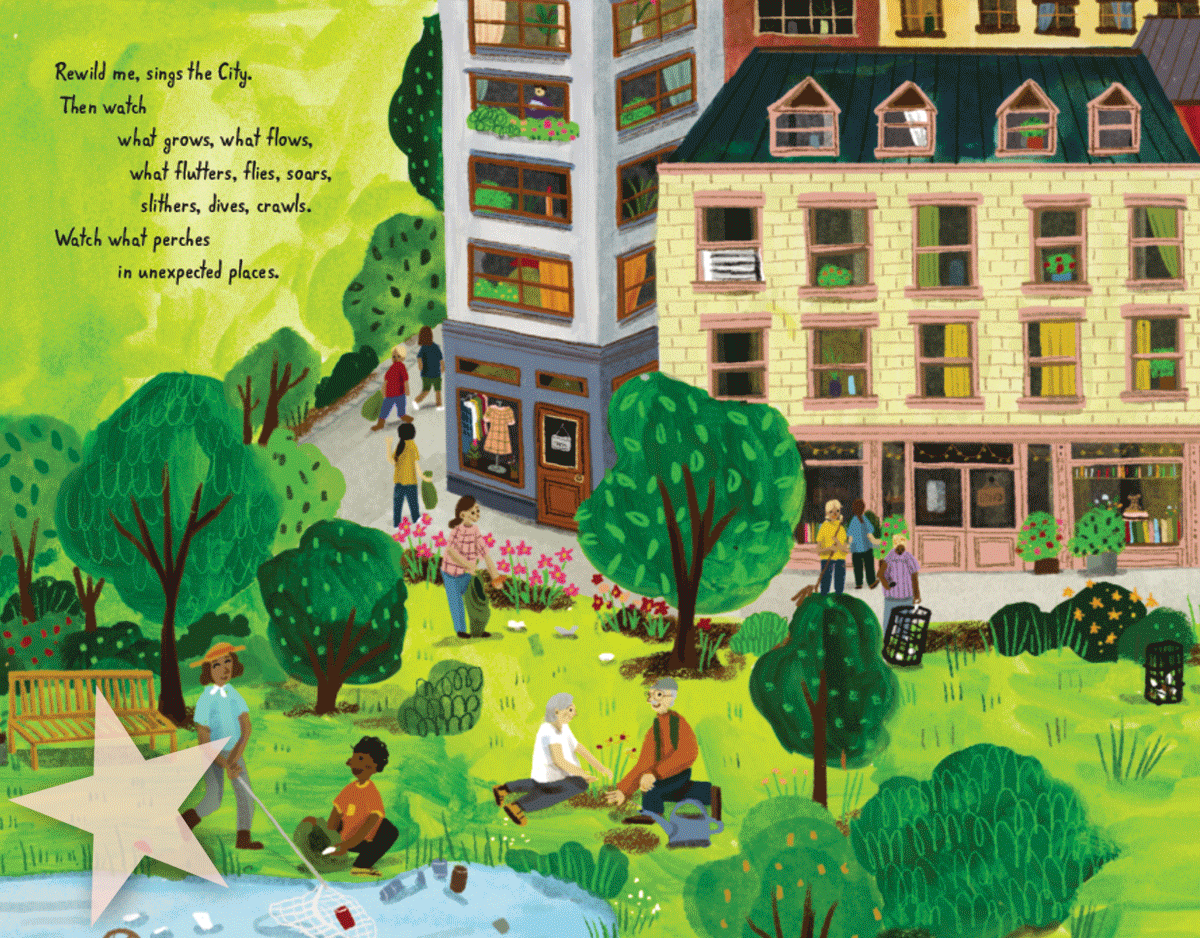SCROLL DOWN TO READ THE POST
On Liking Characters
I like talking about books, and reading, and why we like the things we like. Or don’t like.
In When Adults Read Books For Teens, I spoke a bit about adults reading teen books with a certain type of expectation.
There’s another type of expectation often put on books — or, rather characters in books — that the character be likable.
I confess, I mention when I like characters, and mention it as a reason to read a book. In my review of Untold, I want to spend time with the people in the book because I like them. I spoke about how I loved the main character in Sex and Violence.
I don’t always love, or even like, characters. Sometimes, of course, you’re not “supposed” to. In Crash and Burn, I despised the main character. My exact words: “Crash is a selfish and manipulative dirtbag and I hope that it catches up to him sometime. Too bad it didn’t happen during the book itself.” I wrote two posts about this book, in part because I didn’t want my hatred of the character to overwhelm the review of a good book. I noted in my second post, I don’t have to like Crash to like the book.
ADVERTISEMENT
ADVERTISEMENT
I feel like I have to put this up front — my own use of liking and not liking characters — to say, hey, it’s OK to like or not like characters.
But before hating on a character, I think it’s important to ask oneself why. To go back to Crash: I hate him because he repeatedly manipulates girls to have sex, in a way that leaves at least one broken girl in his wake. That is a push-button topic with me, this type of destruction, this using other people, and so heck yeah — I don’t like Crash.
Because I clearly have strong feelings about liking or not liking characters, I think it’s fine to like or not like characters.
But I also think it’s important to ask ourselves why we don’t like a character. Especially when it’s about a character you’re supposed to like. To go back to poor Crash: while other readers may not have as strong feelings as I do, I don’t think anyone is supposed to like what he’s doing.
There’s a different type of use of the word “like” that happens that bothers me. Bothers me to the point that I sometimes second guess myself saying things like how much I like a character.
And that’s when “like” is about more than the character and the book: when it’s really about “not liking” rather than liking, and it’s about the character not doing what the reader wants when they want it. Kelly Jensen explored this is The Girl Myth in YA Fiction (and Beyond). What confuses me about some of this is that often, there would be no reason for the book — no plot — if the character did the “right” thing from page 1. Or, that the character is dealing with some tough stuff and their characterization is drive by that — so the judgment is pretty much, they’re handling their personal trauma “wrong.”
Kelly recently revisited this in Why Talking About Girl Reading Matters: “Girls are as complex as boys, but so often, we let girls be placed into one of two categories, based entirely on our preferences: likable or unlikable. These aren’t critiques of story nor are they critiques of character. They are preferences. There’s nothing wrong with preferring a likable or unlikable character, but there is something wrong when that becomes the means through which we critique a story and thus the way that we then present those stories to readers — especially to girl readers who may identify as unlikable or as likable vis a vis those books. When we critique books and discuss books through that un/likable dynamic, we deny complexity to not just the girls on the page, but we deny girls reading those books complexity, too. We make a judgment on the actions both in the fictional world and in the real world.” (Emphasis added by me.) Kelly’s post is more about the various reading needs of teenage girls, but this bit is what I keep coming back to.
I’m not going to change how I read or review — sometimes, I like characters. That’s how it is.
But — I do think it’s important to ask ourselves why we like certain characters.
Those preferences that influence how we read books or what books we read. Can it also become problematic, if those preferences are mistaken for something else? As a default of what is a good book, rather than simply what I prefer? If I read only those books about people and things I think I’m going to “like”, does that then create a narrow world view for me, where what I “like” now becomes how I think the world actually is because I’m only reading, and liking, books that reinforce that perspective?
What do you think about not liking characters?
Filed under: Uncategorized
About Elizabeth Burns
Looking for a place to talk about young adult books? Pull up a chair, have a cup of tea, and let's chat. I am a New Jersey librarian. My opinions do not reflect those of my employer, SLJ, YALSA, or anyone else. On Twitter I'm @LizB; my email is lizzy.burns@gmail.com.
ADVERTISEMENT
SLJ Blog Network
One Star Review, Guess Who? (#202)
This Q&A is Going Exactly As Planned: A Talk with Tao Nyeu About Her Latest Book
Exclusive: Giant Magical Otters Invade New Hex Vet Graphic Novel | News
Take Five: LGBTQIA+ Middle Grade Novels
The Classroom Bookshelf is Moving
ADVERTISEMENT
ADVERTISEMENT

